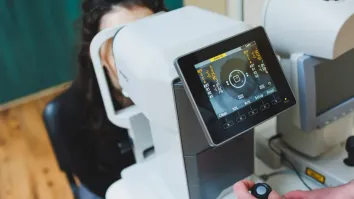
What factors can impede global fertility services market growth?
Treatment-associated risks and complications serve as key market challenges.
The global market for fertility services is positioned to grow by $8.16b until 2028 at a compound annual growth rate (CAGR) of 7.18%, however, several barriers may impede this expansion.
A report by Technavio revealed that one notable barrier is the various risks and complications associated with fertility treatments, such as artificial insemination and medications, leading prospective clients to reconsider in favour of personal health and future outcomes.
“Women undergoing these treatments may experience multiple pregnancies, ovarian hyperstimulation syndrome, internal bleeding or infection, premature delivery, low-weight babies, and congenital defects,” the report said.
In line with this, medications designed for female users feature possible side effects including depression, miscarriage, abdominal pain, and mood swings.
Though men's fertility services are considered less common, they may be subjected to infections, bruising, bleeding, and limited efficacy.
“To grow the fertility services market, it is essential to minimise these risks and provide transparent information to potential clients,” the report added.
Another hurdle affecting the market’s growth is the financial burden brought by high treatment costs associated with services such as in-vitro fertilisation, artificial insemination, surrogacy, and Donor and Non-donor options.
“The use of Fertility Clinics, Hospitals, Clinical Research Institutes, and Surgical Centers for these services further adds to the expenses,” Technavio said.
Furthermore, the presence of complex regulatory landscapes, stigmas surrounding infertility, and the increasing competition brought by a rise in medical tourism all serve as additional barriers hindering further expansion within the fertility services market.



















 Advertise
Advertise





